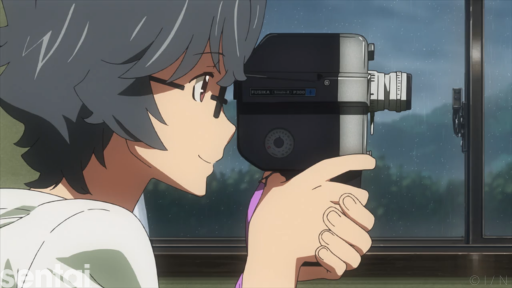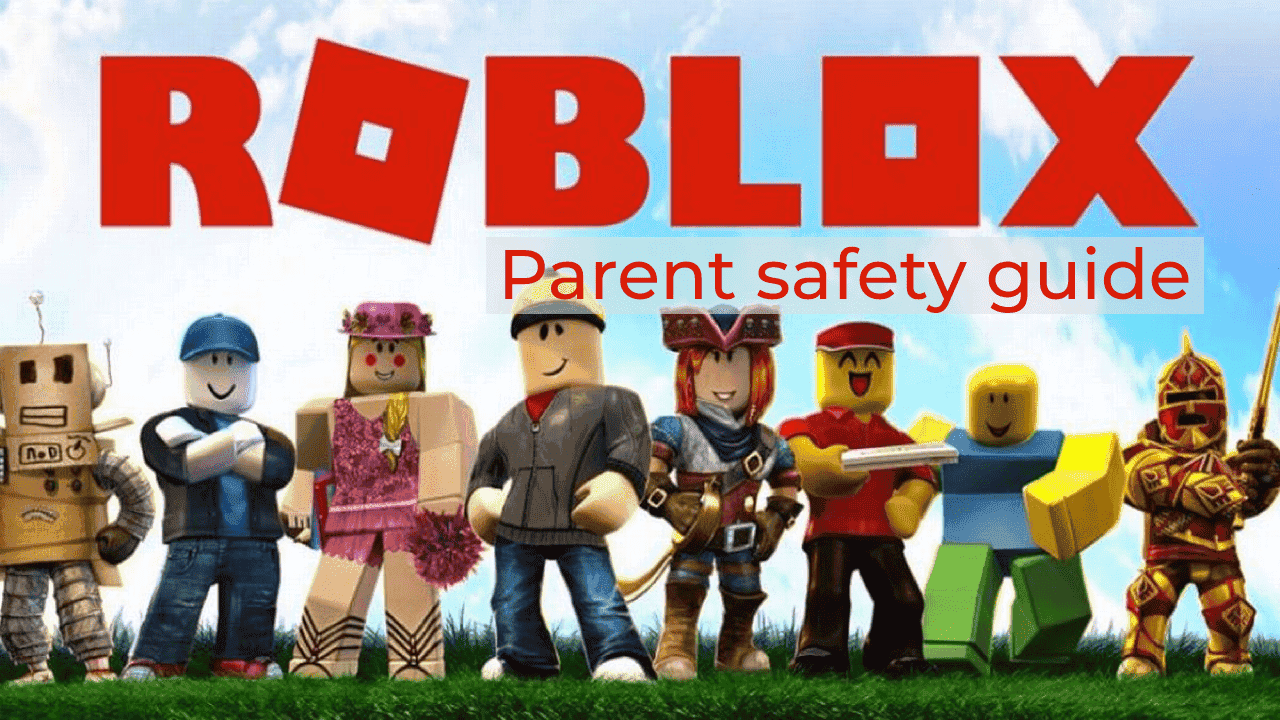Imagine a world where artificial intelligence (AI) crafts captivating narratives, generates stunning visuals, and orchestrates an entire film production. Sounds like science fiction, right? While the idea of AI directing the next Oscar-winning picture might seem far-fetched, its potential impact on the film industry is undeniable. But will AI ultimately replace filmmakers, or will it rewrite the story by becoming a powerful collaborator?
Demystifying AI: What It Can and Cannot Do in Filmmaking
Before diving deeper, let’s unpack what AI truly offers and its limitations within the filmmaking context. AI excels in areas requiring data processing and automation. Imagine sifting through countless scenes to find the perfect emotional beat or analyzing audience preferences to predict a film’s potential success. AI is adept at these tasks, freeing up filmmakers for more creative endeavors.
Film makers who are fearing AI may replace them
— Blue (@blue108801) July 25, 2023
watch this .. still a bit to go yet … https://t.co/LKaHx4knue
However, AI’s limitations become apparent when considering the intangible elements of filmmaking: creativity, emotion, and the human touch. AI struggles to understand the nuances of human experience, the delicate balance of storytelling, and the emotional core that resonates with audiences. In simpler terms, AI can’t replicate the spark of inspiration, the director’s vision, or the raw talent that breathes life into a movie.
A Look at the Present: How AI is Already Shaping Filmmaking

While AI might not be directing films yet, its influence is already being felt across various filmmaking stages. Let’s explore some current applications:
1. Scriptwriting and Story Development: AI can analyze vast amounts of data, including successful scripts audience feedback, and even dialogue options. This can be a valuable tool for screenwriters, sparking their creativity and helping them explore new narratives.
2. Visual Effects and Animation: AI is revolutionizing visual effects, creating photorealistic CGI characters and environments with breathtaking detail. This technology is used in blockbuster films and allows for more complex and imaginative storytelling.
3. Film Editing and Post-Production: AI can handle tedious tasks like scene selection, color correction, and basic editing, freeing up editors to focus on the finer details and creative storytelling aspects.
The Future is Collaborative: How AI Can Empower Filmmakers
Instead of fearing AI as a replacement, filmmakers should embrace it as a powerful collaborator. Here’s how AI can empower them:
1. Enhanced Creativity and Efficiency: AI can automate mundane tasks, allowing filmmakers to focus on the creative aspects like storyboarding, directing actors, and shaping the overall vision. This can lead to increased efficiency and potentially shorter production cycles.
AI Decision-Making in Hollywood Is Already Here, Now What?
2. Personalized Storytelling and Audience Engagement: AI can analyze audience data to understand their preferences and tailor storytelling to resonate better. This can be particularly valuable for creating content for niche audiences or international markets.
3. Democratizing Filmmaking for a Wider Range of Voices: AI tools can help bridge the resource gap for independent filmmakers. By automating certain aspects of production, AI can open doors for diverse voices and stories that might not have been possible due to budgetary limitations.
Addressing Concerns: Ethical Considerations and the Human Element
While the potential of AI in filmmaking is exciting, it’s crucial to address ethical considerations:
1. Bias in AI: AI algorithms are trained on existing data, which can reflect societal biases. It’s essential to be mindful of this and ensure fair representation in film narratives generated with the help of AI.
2. Preserving the Human Touch: The soul of filmmaking lies in the human connection, the director’s vision, and the collaborative spirit that brings stories to life. AI shouldn’t replace these elements; instead, it should serve as a tool to enhance the human creative process.
A Glimpse into the Future: The Evolving Relationship Between AI and Filmmaking
The future of AI in filmmaking lies in collaboration. Imagine filmmakers using AI to brainstorm story ideas, visualize scenes with AI- powered storyboards, and fine-tune editing with AI-assisted tools. This human-AI partnership will unlock new creative possibilities while preserving the irreplaceable human touch that defines the art of film.
Case Studies: Examples of AI in Action
To illustrate the potential of AI in filmmaking, let’s explore some real-world examples:
- Scriptwriting: In 2016, an AI co-wrote a screenplay titled “Sunspring,” showcasing AI’s capability to generate narrative elements. While the film received mixed reviews, it demonstrated AI’s potential as a collaborative tool for screenwriters.
- Visual Effects: The groundbreaking visuals in Ang Lee’s “Life of Pi” relied heavily on AI to create realistic CGI environments and animal characters. This highlights how AI can push the boundaries of visual storytelling.
- Post-Production: In 2019, the film “Color Correction” utilized AI for automated scene selection and color correction, showcasing its potential to streamline the post-production process for filmmakers with limited resources.
These examples are just a glimpse into the diverse ways AI is already impacting the filmmaking landscape. As AI technology continues to evolve, we can expect even more innovative applications in the future.
Beyond Hollywood: The Impact of AI in Independent Filmmaking
The transformative power of AI extends beyond the realm of big-budget Hollywood productions. For independent filmmakers, AI tools can be game-changers. By offering cost-effective solutions for tasks like scriptwriting assistance, visual effects creation, and basic editing, AI can democratize filmmaking, allowing diverse voices and stories to emerge.
This can lead to a more vibrant and inclusive film landscape and enrich the cinematic experience for audiences worldwide.
‘The Creator’ Explores The Philosophical Dilemma Of AI – Forbes https://t.co/Pymf6IJuAj
— John MacIntyre (@JohnMacIntyre2) September 29, 2023
Ethical Dilemmas and the Future of Storytelling
While the potential of AI in filmmaking is vast, it’s crucial to acknowledge and address the ethical dilemmas that arise alongside its use. As mentioned earlier, bias in AI algorithms can lead to unfair representation in films. Additionally, the reliance on AI for certain aspects of filmmaking raises questions about the potential for homogenization and the loss of artistic individuality.
To navigate these ethical complexities, filmmakers must approach AI with a critical eye and a commitment to responsible use. By fostering transparency and actively mitigating bias, filmmakers can ensure that AI serves as a tool for inclusivity and artistic expression, not a source of homogenization or unfair representation.
Supersaga: Democratizing 3D Animation with AI
Explore Supersaga, a user-friendly 3D animation app designed for those wanting to create animations without extensive 3D software knowledge. With a rich asset library, customizable characters, scenes, and props, Supersaga simplifies animation through a smart engine. Add sound effects, music, and voice-overs for a complete cinematic experience.
Supersaga offers interactive tutorials, tips, and challenges to enhance your animation skills. The app’s website and blogs provide additional resources. Supersaga’s Alpha playtest version is available for download on their Discord channel.
This example showcases how AI is not only impacting professional filmmaking but also empowering individuals with creative tools. As AI technology becomes more accessible, we can expect a surge in user-generated content and the democratization of creative expression across various art forms.
Education and Upskilling: Preparing Filmmakers for the AI Age
As AI continues to transform the filmmaking landscape, there’s a growing need for filmmakers to adapt and upskill themselves. This can involve embracing new technologies, developing critical thinking skills to assess AI outputs, and understanding the ethical implications of AI use in storytelling.
Educational institutions can play a vital role in equipping filmmakers with the necessary skills to navigate the changing landscape. By incorporating AI-related modules into film programs and fostering workshops on ethical considerations, educational institutions can empower future generations of filmmakers to thrive in the age of AI.

The Human-AI Partnership: Unleashing Creativity in the Digital Age
The human spirit of innovation, combined with the analytical capabilities of AI, has the potential to redefine the boundaries of storytelling. This partnership can lead to the creation of groundbreaking films that push the envelope of creativity, engage audiences in new ways, and enrich the cultural landscape.
As we embrace this human-AI partnership in filmmaking, we enter a new chapter in the magical world of cinema, where imagination and technology converge to create stories that captivate, inspire, and transport us beyond the ordinary.
Conclusion
The partnership between humans and AI in filmmaking marks a transformative era, enhancing creativity and expanding storytelling horizons. Far from replacing filmmakers, AI empowers them, fostering a future where diverse voices thrive, innovation flourishes, and the magic of cinema continues to captivate audiences worldwide.






